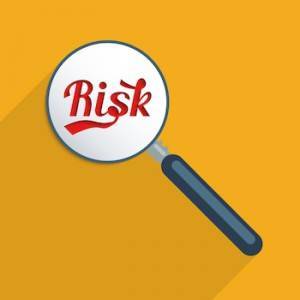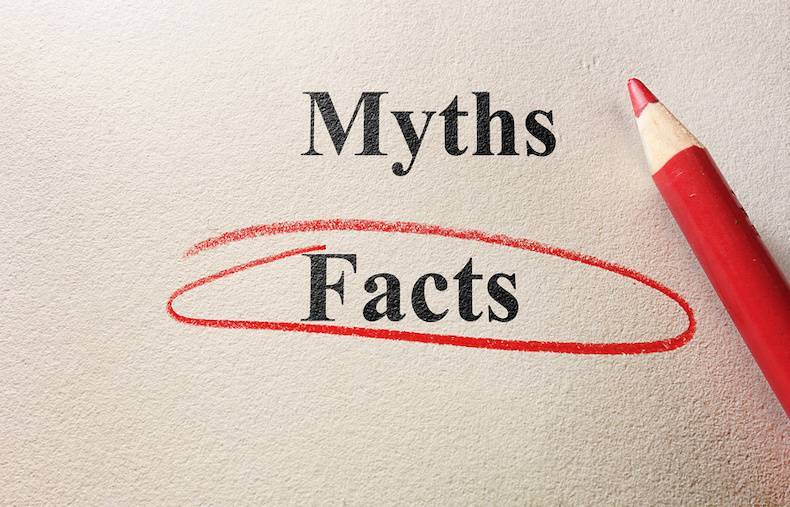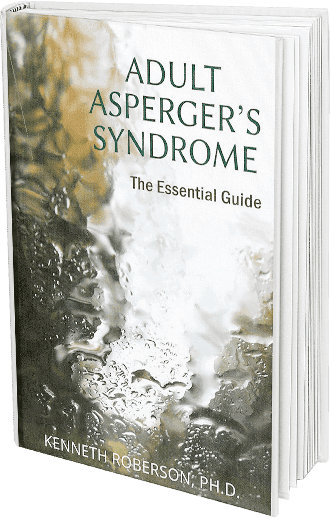
There are several risk factors that contribute to Autism Spectrum Disorder (ASD). These factors are divided into those that are inherited and those that are caused by environmental influences.
Gender
Males have a greater likelihood of developing Autism than females. The ratio is as high as 5:1. However, it is not known why more males than females develop ASD. Some research has shown that certain birth practices may play a small role in this discrepancy between males and females with ASD but the data is inconclusive and further study is needed.
Genetics
There is strong evidence that Autism Spectrum Disorder is, at least in part, an inherited condition. Identical twins, in which all the genes are shared by the two siblings, are at risk of developing Autism. For example, if one twin develops ASD, there is a 60% likelihood that the other will develop ASD as well. Younger children born into families with an older children with Autism Spectrum Disorder have a 5-6% likelihood of also having Autism.
Even though the incidence of Autism Spectrum Disorder is higher among related family members, no specific gene has been linked to the development of ASD. There is also currently no way to test for the genetic predisposition towards Autism.
Environmental Causes
Some researchers believe that Autism Spectrum Disorder is caused more by exposure to environmental causes than by genetics especially if a person is born with a predisposition toward ASD. Some of the suggested environmental stimuli include:
- Viral or bacterial infections during pregnancy
- A mother who smoked while pregnant
- Parents who are older at the time of pregnancy
- Air pollution
- Pesticide exposure
Some evidence exists to support these environmental factors. For example, women who were exposed to the rubella infection while they were pregnant have a 7% risk of giving birth to a child who develops Autism Spectrum Disorder. Women who smoked during pregnancy have a 40% chance of having a child who develops Autism Spectrum Disorder. Less evidence is available to show a connection between age of parents at pregnancy and exposure to air pollution or pesticides.
Neurological Causes
Brain studies have indicated that connections between certain systems in the brain are different in people with Autism Spectrum Disorder. The systems involved are the amygdala, which processes emotions, and the limbic system, which relays those emotional responses to the cerebral cortex, the center for organization and action. There seems to be some differences in the way the amygdala and limbic systems are connected for people with Autism, which may explain why they can suddenly experience extreme emotional reactions even to trivial objects or events.
Research has also focused on mirror neurons, which enable an individual to mirror another person’s actions. A mirror neuron, for example, is what allows a baby to smile in reaction to a mother’s smile. Studies of children with ASD have discovered that mirror neurons in these children do not respond in the ways they do in children without ASD. Difficulties with mirror neurons may explain why some individuals with Autism have problems with learning and social interactions.
Psychological Causes
Research into psychological factors behind Autism Spectrum Disorder focus on a concept called “theory of mind.” This refers to an individual’s ability to understand others’ emotional states, one’s capacity to see the world through the eyes of the other person. The majority of children who do not have ASD develop skills in anticipating how others think and feel by the time they are approximately four years of age.
Children with Autism have no understanding of the “theory of mind” or a very limited capacity to appreciate what others are thinking and/or feeling. This is a major cause of the social problems that people with Autism experience.
In summary, the exact causes of Autism are unknown. The most we can say is that the combination of genetic factors along with environmental, neurological and psychological causes probably determines the severity and symptoms for each individual with Autism Spectrum Disorder.




